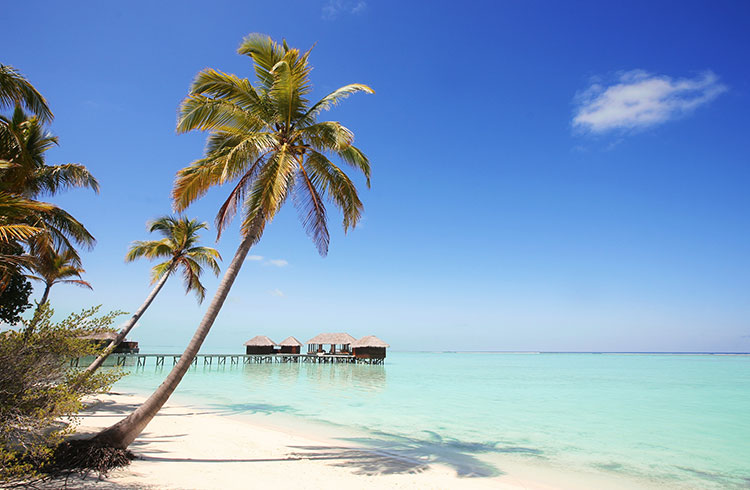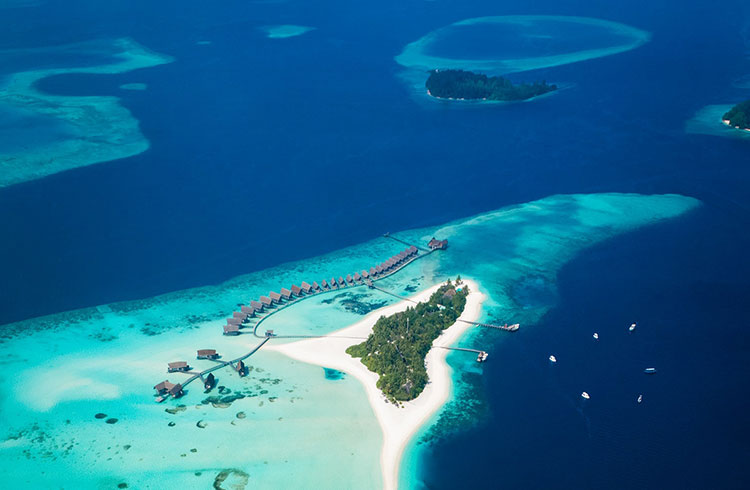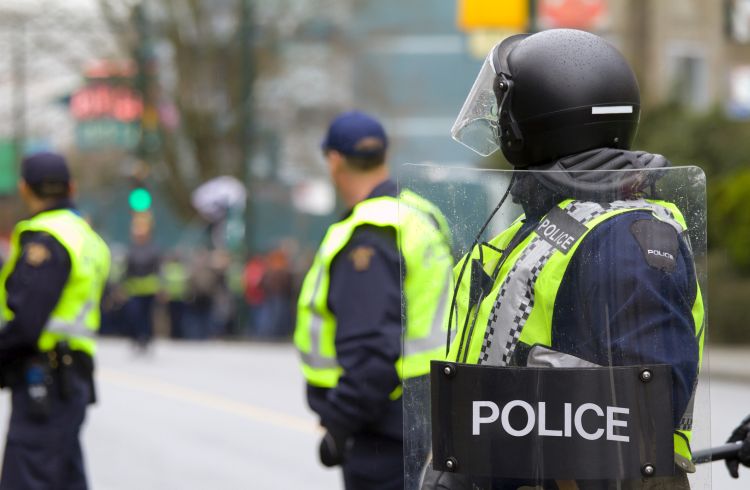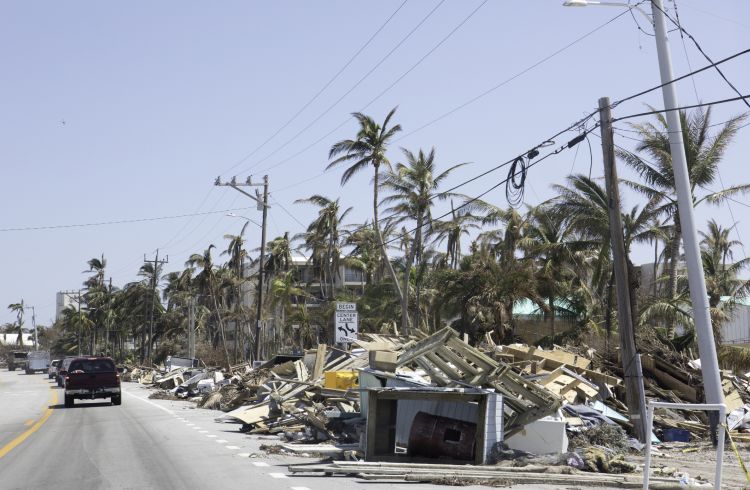Is the Maldives Safe? Essential Safety Tips for Visitors
From local laws and customs to island hopping and transport safety, here's everything you need to know before you go to the Maldives.
 Photo © Getty Images/Mohamed Abdulla Shafeeg
Photo © Getty Images/Mohamed Abdulla Shafeeg
Thousands of people visit this Indian Ocean paradise each year, but safety should always be your number one priority. The relaxed atmosphere can lull visitors into forgetting their common sense. Here are a few things to keep in mind for your holiday in the Maldives.
- Islam in the Maldives
- Civil unrest in the Maldives
- Island hopping safety tips
- Transport safety
- Yacht arrivals into the Maldives
- Keep your belongings safe
- Ethical souvenir shopping
Islam in the Maldives
The Maldives is a Muslim country, and if you are not staying on a resort island, you should be aware of local laws and etiquette as not observing certain rules can carry a fine or prison time.
It is illegal to import explosives, weapons, firearms, ammunition and drugs, but in addition, the importation of material deemed contrary to Islam – such as pornography, pork and pork products, alcohol, idols for worship, bibles or any non-Islamic religious text – is also illegal. Although in practice tourists traveling to the resort islands are usually allowed to bring in religious material for private use… but that means one bible, a whole crate-load will raise some suspicions about your true intent.
Public observance of any religion other than Islam is illegal, although the non-Muslim religious practice is allowed in private residences. However, it is illegal to either invite or encourage Maldivian citizens to attend such practices, and you could jail, face deportation or fines.
Alcohol is generally prohibited under Islamic law, and in the Maldives, it is only allowed in resorts.
Islamic law encourages modesty of dress so, nude or topless sunbaking is prohibited everywhere in the Maldives, including on resort islands. Bikinis are fine in the resort areas.
Homosexuality is against the law and if you're convicted of this offense you may face a lengthy prison sentence, fines or deportation. However, there have been no issues with LGBTQ+ couples checking staying in resorts.
Be extra respectful during the holy month of Ramadan when locals avoid eating, drinking, or smoking from dawn to dusk, and it's rude to ignore this custom.
When in the capital Malé, or on non-resort islands, locals are not as accustomed to men's legs in board shorts or women's uncovered shoulders, so dress conservatively. Likewise, public displays of affection, including holding hands and kissing are likely to offend people.
Drug enforcement in the Maldives is strict and penalties severe, including mandatory prison time for anyone caught with drugs. Possession of even minor amounts can be considered trafficking, which comes with a life sentence penalty.
Civil unrest in the Maldives
There was a terrorist bombing in 2007 that injured 12 foreign tourists but is considered an isolated incident.
Since then there has been a smattering of civil unrest incidents largely isolated to the capital, Malé, after the arrest of the Maldivian President in February 2015. Most travelers tend to arrive in Malé and then travel onwards to the islands. But, if you do find yourself in Malé and a public demonstration breaks out, stay well clear and listen to media reports for more information.
Transport safety in the Maldives
Travel to and from the different islands is by either boat or seaplane. Safety standards are often different from what you may expect back home. Most of the boats and planes are in fairly good condition, but some of them… well, unless you're a licensed marine or aviation engineer and have brought your coveralls and a flashlight, you'll have to use 'gut feeling'. If it looks leaky or in disrepair, it probably is.
Keep your belongings safe
Crime rates are low but theft of belongings left unattended either on the beach or in hotel rooms does happen. Use the safe-deposit boxes back at the resort.
The Maldives is experiencing a growing drug problem amongst its youth, and petty crime has risen as a result, although from a very low base. If it's going to happen it's most likely to be in the capital Malé, so move your care factor up a notch (from zero) and know where your wallet is at all times.
Ethical souvenir shopping
During your visit, you might admire some nifty handicrafts made out of coral or turtle shells. The material used in those bangles or fridge magnets was once a turtle's home.
The export of tortoiseshell and coral is forbidden. Some turtle species are also protected under international conservation law. Even if you do manage to get this unethically crafted souvenir home, it could be seized on arrival by quarantine in your home country.
For some quick health tips before you travel to the Maldives, read our guide to staying healthy and safe.
Related articles
Simple and flexible travel insurance
You can buy at home or while traveling, and claim online from anywhere in the world. With 150+ adventure activities covered and 24/7 emergency assistance.
Get a quote


17 Comments